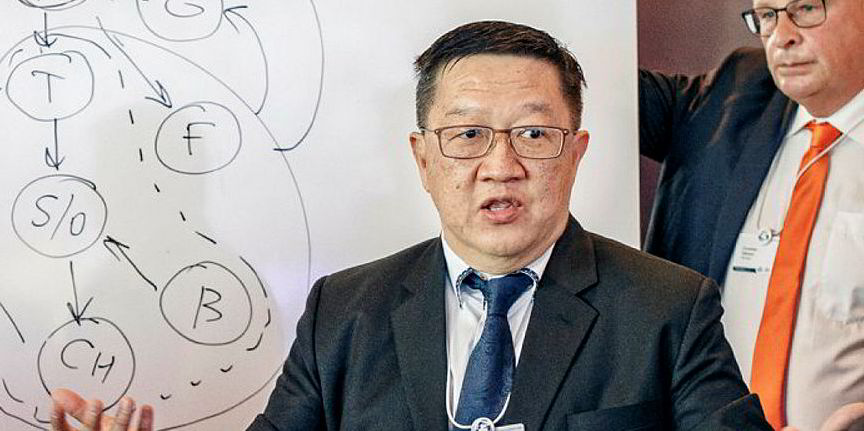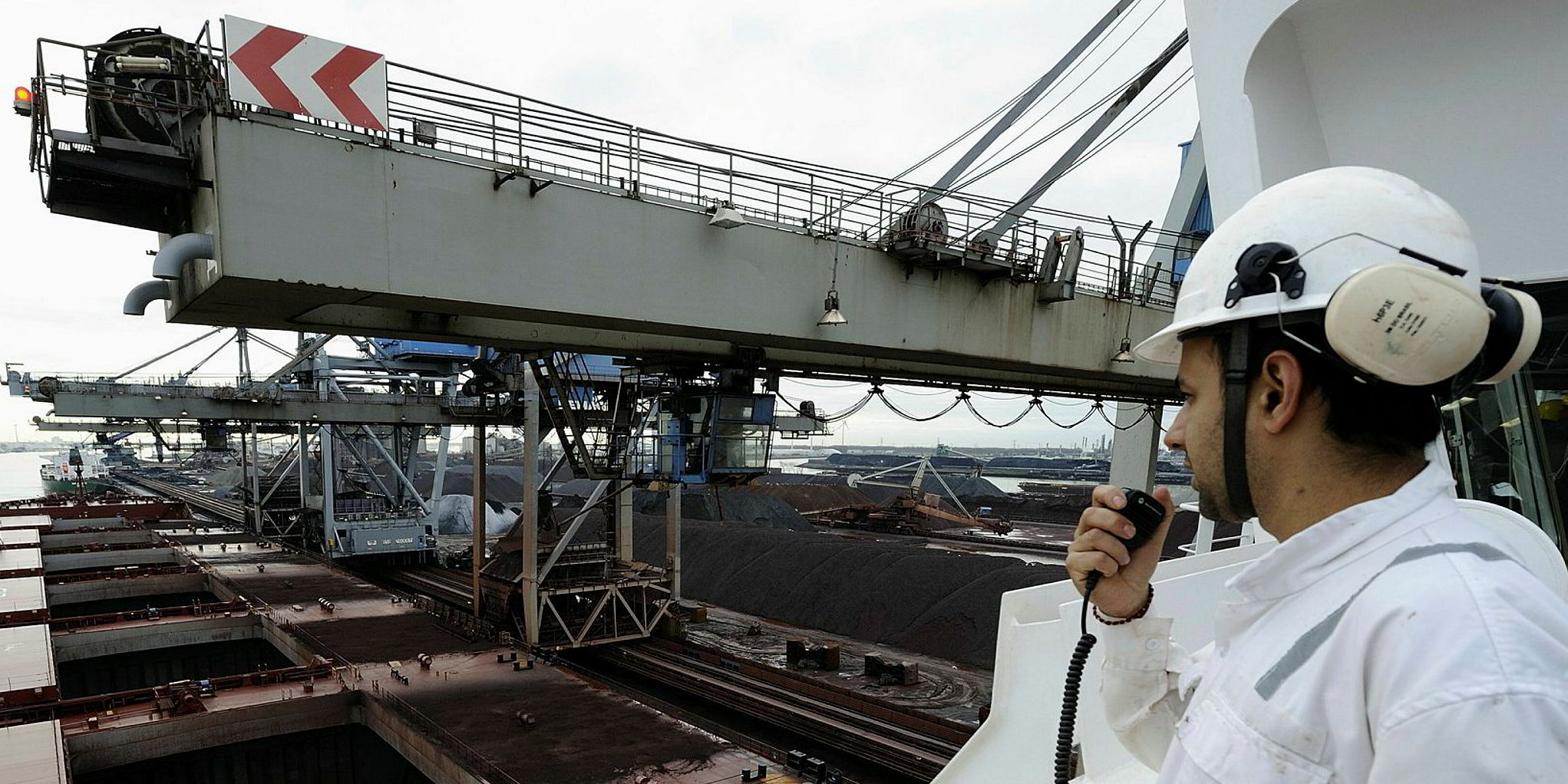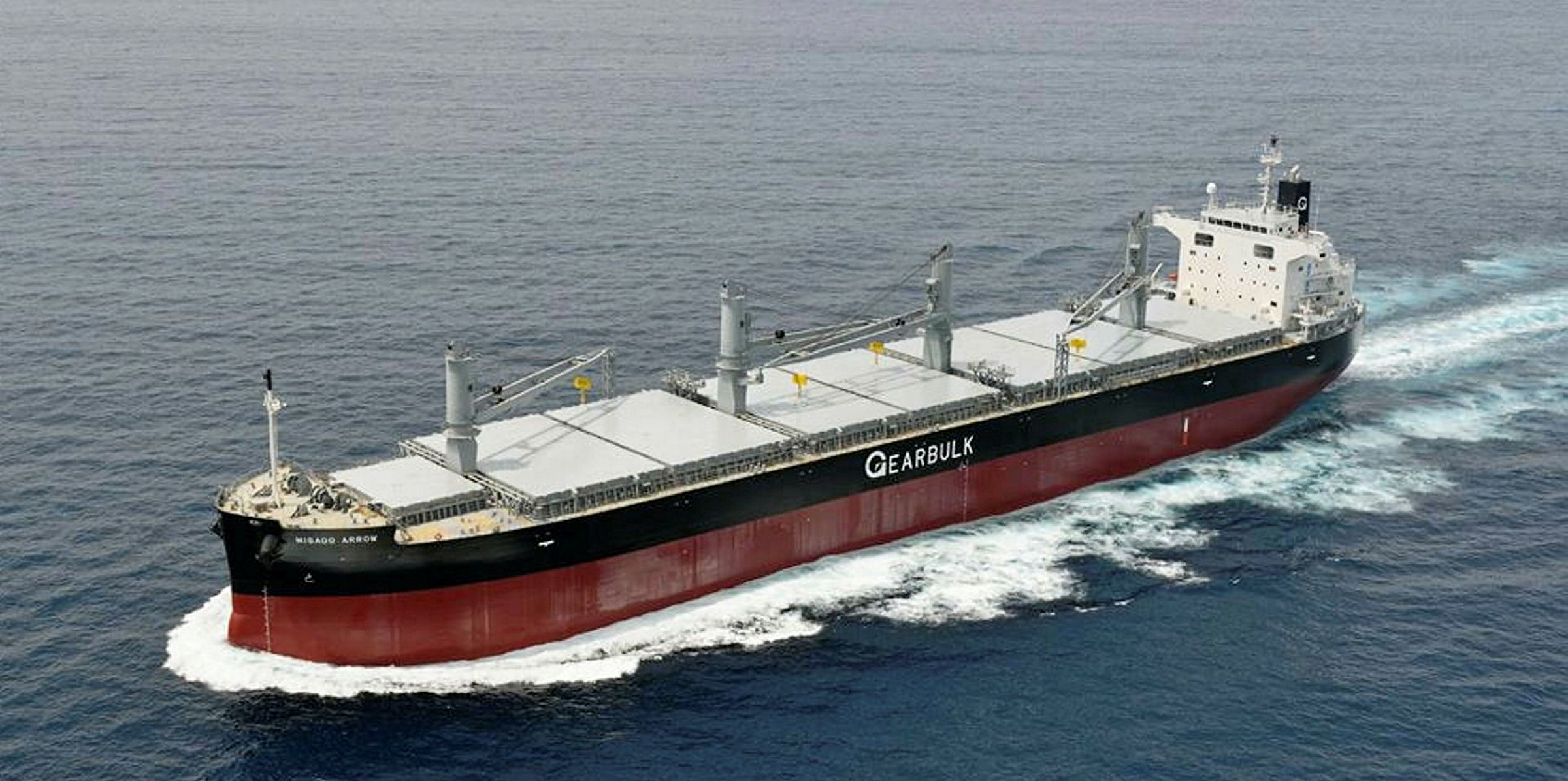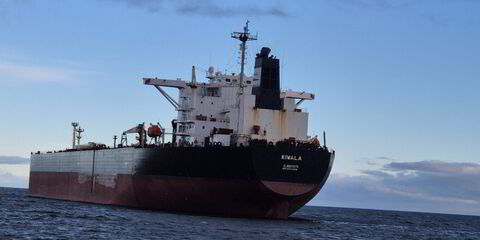Japanese shipowners are starting to take redelivery of vessels from Singapore bulker operator Pacific Carriers Ltd (PCL) rather than cut charter rates.
PCL had approached about 20 Japanese owners earlier this year requesting that they either take back their ships, or reduce rates.
The outfit sought rate cuts on about 40 vessels as it struggled to cope with a slump in the dry bulk market.
The request followed an earlier agreed rate cut between 2016 and 2018 for its chartered fleet to get the outfit out of a difficult position.
But as some owners are reluctant to take fresh rate cuts, with some still owed money from the 2016 to 2018 agreements, a compromise appears to have won favour between the parties involved.
Compromise deal
Some Japanese owners have said they will cancel the existing charter contracts and take redelivery of the ships, if PCL settles up the outstanding hire payments it owes them between 2016 and 2018.
The indications are that a number of owners are opting to take redelivery and are turning to the sale-and-purchase market to raise cash by selling the ships.
So far, the former PCL-operated, 61,300-dwt Alam Mulia (built 2015) and 61,000-dwt Ikan Salmon (built 2012) are reported sold.
On the sales block are a series of ships including Nippo Shipping’s 58,200-dwt Ikan Pandan and 83,500-dwt Ikan Bawal (both built 2012), Konlink Shipping’s 95,000-dwt Double Paradise (built 2011), the 36,300-dwt Alam Setia (built 2013), Chiba Shipping’s 28,300-dwt Glorious Starlight (built 2012), and Nissen Kaiun’s 31,800-dwt Ikan Jenahar (built 2010) and 181,400-dwt Jubilant Excellence (built 2013).
In a statement to TradeWinds, PCL said: “Our discussion with Japanese owners are still ongoing and, given the confidentiality of our discussions, we are unable to provide any specific details at this juncture.”
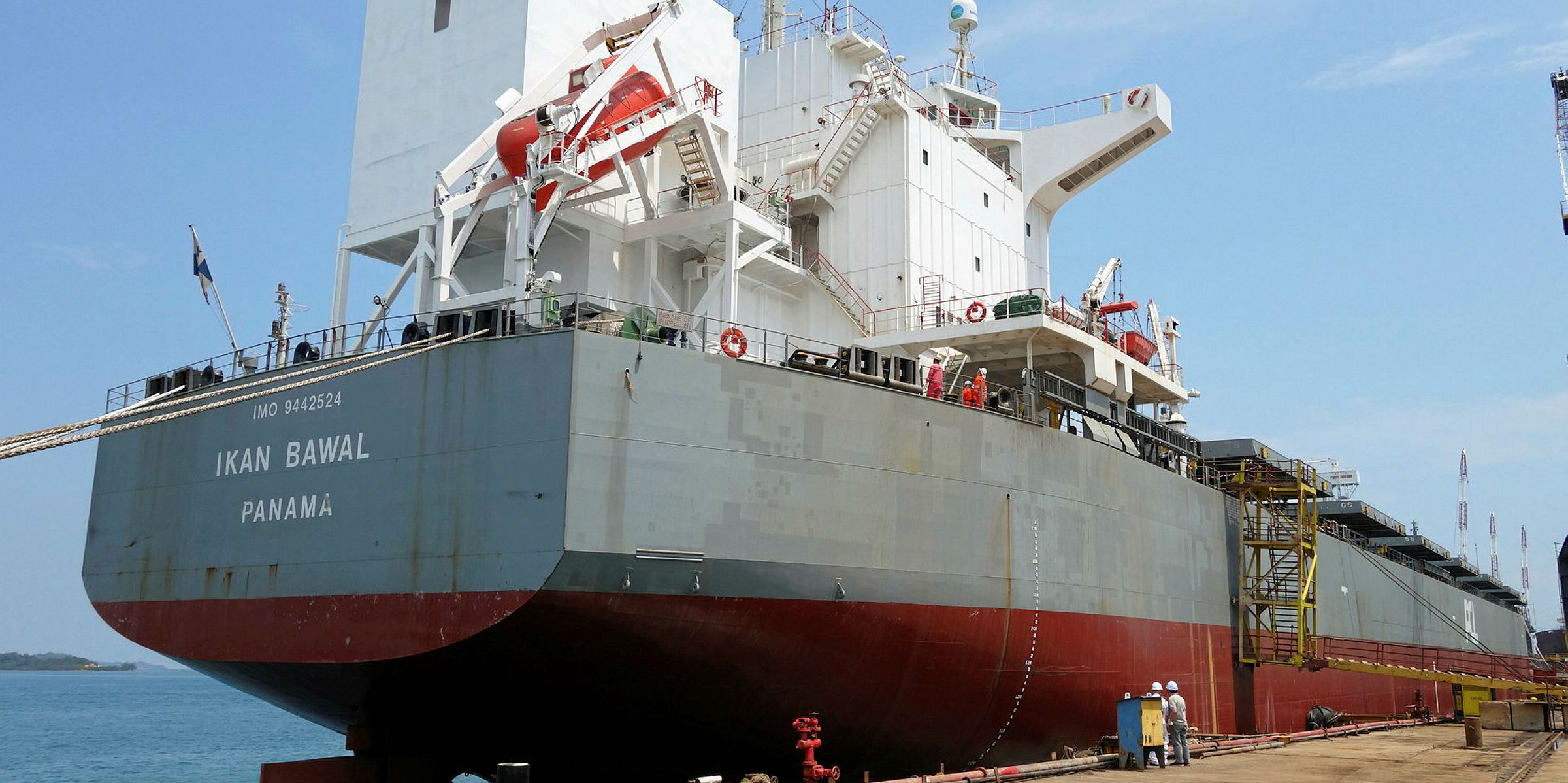
But it would appear to make financial sense for the Japanese owners to take the ships back and attempt to sell them.
Under the current difficult economic circumstances, they will struggle to renegotiate bank loans on the ships to make up for any reduction in charter hire.
Although the dry bulk S&P market remains “soft”, there are indications that the panamax, handymax and handysize markets are firming, which is increasing interest in secondhand tonnage.
Standard bulkers are also assets that are easily sold, allowing owners the opportunity to get the ships off their balance sheet and write-off losses.
Japanese owners have similar requests to cut rates or take ships back from specialist ship operators such as Gearbulk and boxship operator Pacific International Lines.
However, both containerships and specialist bulkers are not easy to sell especially in the current market.(Copyright)
